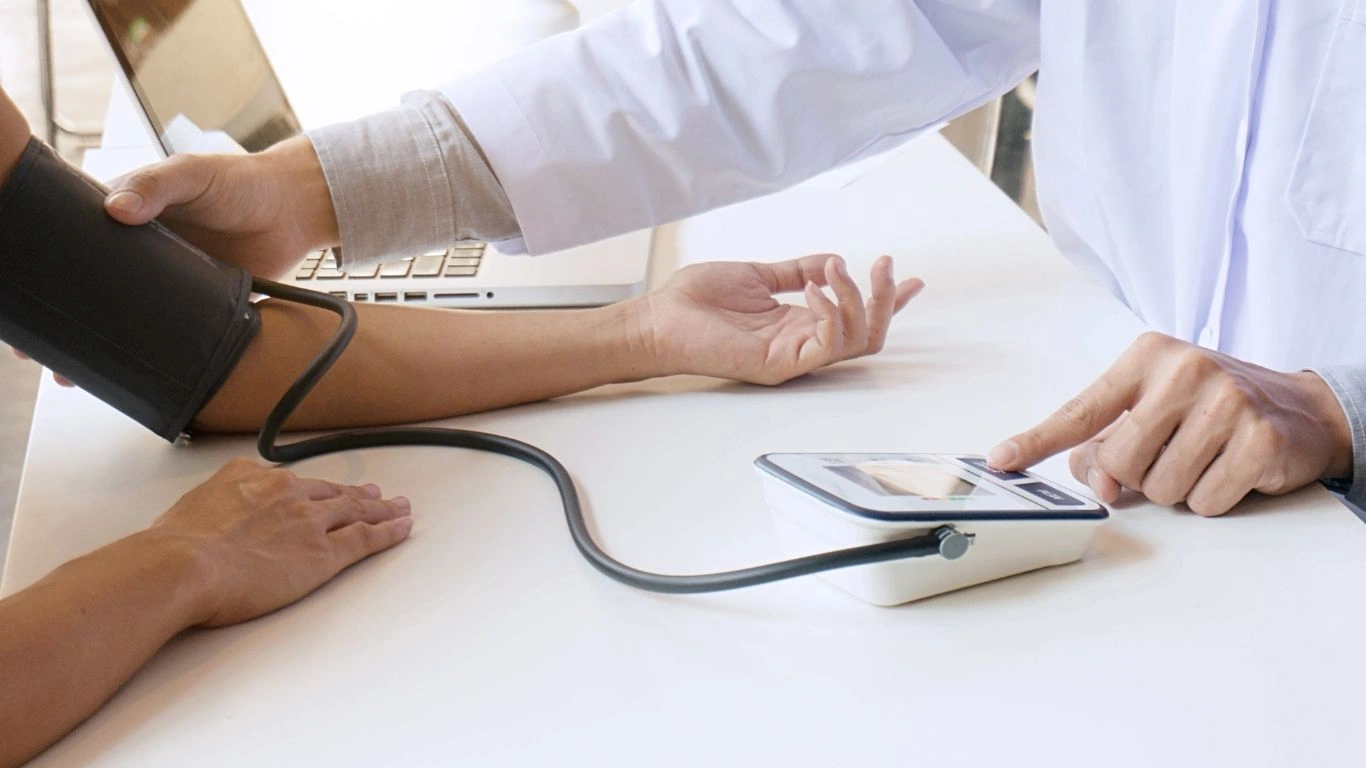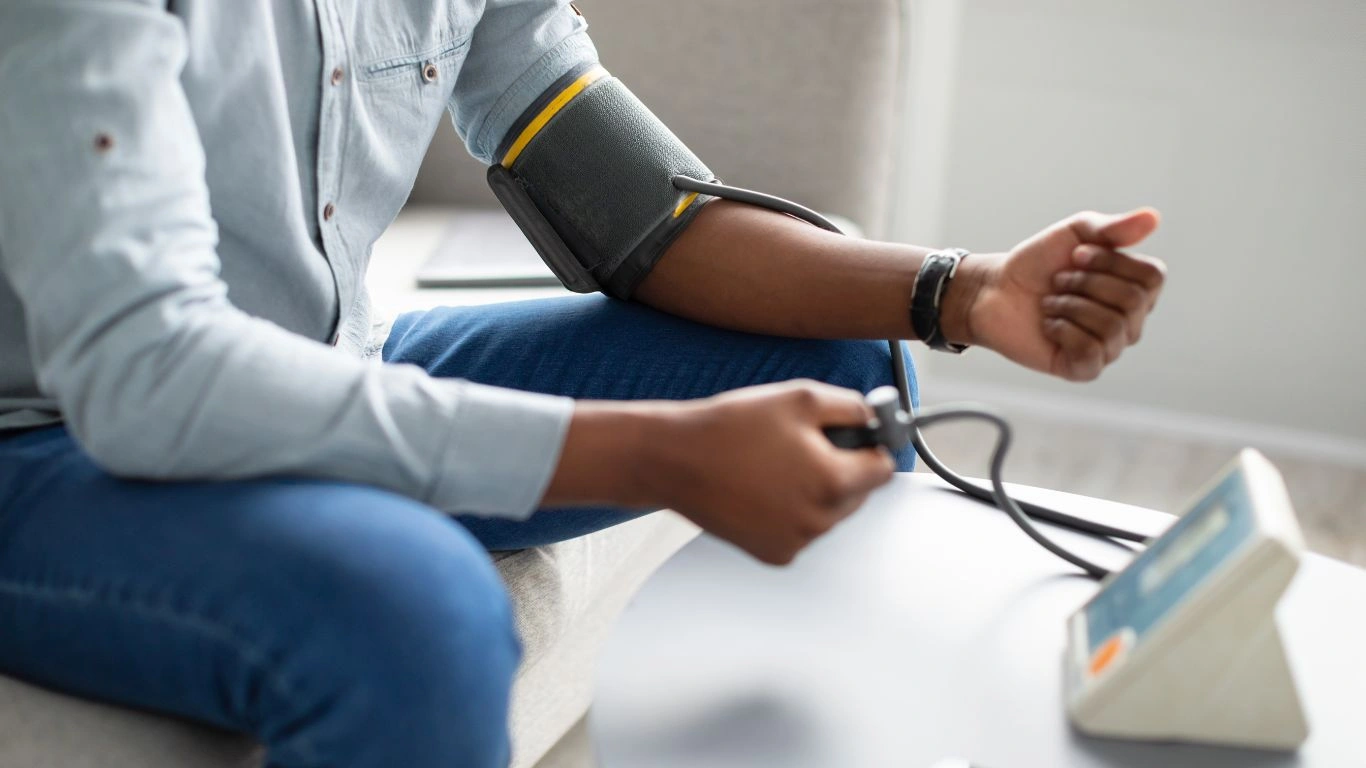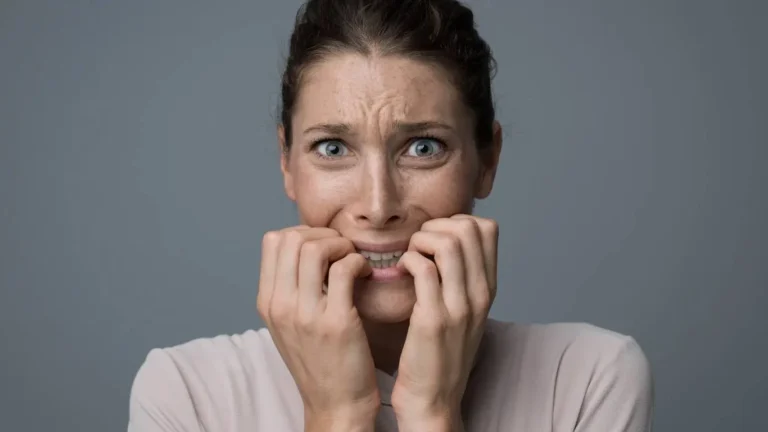Shocking Truth: How Mild Dehydration Causes Blood Pressure Fluctuations
Have you ever noticed your blood pressure acting a little unpredictable, even when you’re doing everything right? Well, if you’re like most people, you probably don’t connect mild dehydration to those unexpected fluctuations. But as a hypertension expert, I’ve seen firsthand how something as simple as not drinking enough water can mess with your blood pressure levels. It’s a sneaky but significant factor that many overlook. And the truth is, even mild dehydration can set off a chain reaction in your body, making your heart work harder than it should.
How Mild Dehydration Causes Blood Pressure Fluctuations

When we talk about dehydration, most people picture extreme cases—someone stranded in the desert, lips cracked, body weak. But here’s the thing: you don’t have to be parched and dizzy for dehydration to take a toll on your health. Even mild dehydration—losing as little as 1-2% of your body’s water—can cause shifts in your blood pressure. And trust me, I’ve seen patients who were shocked to find out their fluctuating readings were tied to something as simple as their hydration habits.
The Body’s Response to Low Fluid Levels
Your body is constantly trying to maintain a delicate balance of fluids and electrolytes. When you don’t drink enough water, your blood volume decreases. This triggers your body to compensate in several ways:
- Increased Heart Rate: With less fluid in circulation, your heart beats faster to maintain adequate blood flow.
- Narrowing of Blood Vessels: Dehydration causes the release of vasopressin, a hormone that signals your blood vessels to constrict, leading to higher blood pressure.
- Elevated Sodium Levels: When you’re dehydrated, sodium concentration in your blood rises, which can further raise blood pressure.
These physiological responses are your body’s way of keeping things running smoothly, but they come at a cost—fluctuating blood pressure that can make managing hypertension more challenging.
Dehydration’s Silent Impact on Blood Pressure Readings

One of the most frustrating things I hear from patients is how their blood pressure seems to change unpredictably. They follow their medication schedules, eat well, exercise—yet their numbers bounce around. If this sounds familiar, dehydration might be playing a bigger role than you realize.
Why Dehydration Leads to Misleading Readings
Here’s something you might not know: dehydration can make your blood pressure seem higher or lower than it actually is. This happens because your blood vessels become less flexible, and your body has a harder time regulating pressure effectively.
- Temporary Spikes: As your blood volume drops, your blood pressure may increase due to vessel constriction.
- Sudden Drops: In some cases, dehydration leads to low blood pressure, especially when standing up quickly (orthostatic hypotension).
- Erratic Swings: Some people experience a mix of both, making it hard to pinpoint their true baseline.
That’s why staying properly hydrated isn’t just about avoiding thirst—it’s a crucial part of keeping your blood pressure stable.
Common Signs You’re Mildly Dehydrated (Without Realizing It)

Most people assume they’re hydrated because they don’t feel thirsty, but thirst isn’t always a reliable indicator. I’ve had patients come in convinced they drink enough water, only to realize they’re experiencing subtle signs of dehydration.
Symptoms of Mild Dehydration
Before your blood pressure starts playing tricks on you, your body will give you warning signs. Look out for:
- Fatigue: Even slight dehydration can leave you feeling sluggish.
- Dizziness or Lightheadedness: Especially when standing up quickly.
- Dry Mouth and Skin: Your body prioritizes essential functions over keeping your skin hydrated.
- Dark Yellow Urine: A telltale sign that your body needs more fluids.
Recognizing these symptoms early can help you take action before dehydration affects your blood pressure.
How Dehydration and Electrolyte Imbalance Work Together to Affect Blood Pressure

Here’s something most people don’t realize: It’s not just about water intake—electrolyte balance plays a huge role in keeping blood pressure steady. I’ve had patients tell me they drink plenty of water, yet they still experience blood pressure swings. The missing piece? Their electrolytes were all out of whack.
The Role of Sodium, Potassium, and Magnesium
Electrolytes like sodium, potassium, and magnesium help regulate fluid balance and blood vessel function. When you’re dehydrated, your body struggles to maintain proper levels of these minerals, leading to blood pressure fluctuations.
- Too much sodium: Dehydration concentrates sodium in your blood, leading to higher pressure in your arteries.
- Not enough potassium: Potassium helps balance sodium levels and relax blood vessels. Without enough of it, your blood pressure can rise.
- Low magnesium: Magnesium helps keep blood vessels flexible, and a deficiency can contribute to hypertension.
Many of my patients find that simply hydrating properly with the right electrolyte balance makes a noticeable difference in their blood pressure readings.
Does Dehydration Affect Blood Pressure Differently in Different People?

One of the most interesting things I’ve noticed over the years is how dehydration affects people differently. Some patients experience spikes in blood pressure, while others deal with dangerous drops. So what gives?
Why Some People Experience High Blood Pressure
For many, dehydration triggers vasoconstriction (narrowing of blood vessels), leading to increased blood pressure. This is especially common in people who already have hypertension or are sensitive to sodium. Their body reacts by holding onto sodium and constricting blood vessels, sending their blood pressure higher.
Why Others Experience Low Blood Pressure
On the other hand, I’ve seen patients—especially those on diuretics or certain medications—who experience orthostatic hypotension (a sudden drop in blood pressure when standing up). This happens because their blood volume is too low, making it harder for the heart to pump efficiently.
Understanding your body’s unique response to dehydration is key to managing your blood pressure effectively.
How Much Water Do You Actually Need for Stable Blood Pressure?

One of the most common questions I get is: “How much water should I drink to keep my blood pressure in check?” And the answer isn’t as simple as “eight glasses a day.” Your hydration needs depend on various factors, including age, weight, activity level, and even the climate you live in.
General Hydration Guidelines
- Men: About 3.7 liters (125 oz) of total water per day.
- Women: About 2.7 liters (91 oz) of total water per day.
- Active Individuals: You may need even more, especially if you sweat a lot.
- People on Diuretics: You may require extra hydration to compensate for fluid loss.
But here’s the kicker—not all fluids hydrate you the same way. Caffeinated and alcoholic drinks can actually dehydrate you further, so it’s best to balance them with plenty of pure water.
Hydration Tips to Maintain Blood Pressure Balance
From my experience working with hypertension patients, I’ve found that a few simple hydration strategies can make a huge difference:
- Start Your Day with Water: Drinking a glass of water first thing in the morning helps replenish fluids lost overnight.
- Space Out Your Water Intake: Gulping down a lot at once isn’t as effective as sipping consistently throughout the day.
- Eat Hydrating Foods: Fruits and vegetables like cucumbers, watermelon, and oranges contribute to your daily water intake.
- Monitor Urine Color: Light yellow means you’re hydrated; dark yellow means you need more fluids.
Hydration isn’t just about avoiding thirst—it’s about maintaining a stable environment for your body to function optimally. And trust me, your blood pressure will thank you for it.
Best Drinks to Keep Your Blood Pressure Stable

Now that we’ve covered why hydration is so important for blood pressure, let’s talk about what you should be drinking. Because let’s face it—plain water isn’t the only option. Some beverages do a fantastic job of keeping you hydrated while also supporting your heart health.
Top Hydrating Drinks for Blood Pressure Balance
From my years of working with hypertension patients, I’ve found that certain drinks are more effective than others when it comes to hydration and blood pressure regulation. Here are some of the best:
- Water: The gold standard. No calories, no additives—just pure hydration.
- Coconut Water: Packed with potassium, which helps balance sodium levels.
- Herbal Teas: Chamomile, hibiscus, and green tea have mild blood pressure-lowering effects.
- Low-Sodium Vegetable Juice: A great source of potassium and hydration.
- Milk (Dairy or Plant-Based): Contains electrolytes and minerals that aid hydration.
On the other hand, some drinks can dehydrate you or cause blood pressure spikes. Limit or avoid sugary sodas, alcohol, and high-caffeine energy drinks, as they can have the opposite effect.
Dehydration and High Blood Pressure: Who’s Most at Risk?

While dehydration can impact anyone, certain groups are more vulnerable to its effects on blood pressure. Over the years, I’ve noticed patterns in the types of people who are most likely to experience dehydration-induced fluctuations.
People More Likely to Be Affected
If you fall into one of these categories, you’ll need to be extra mindful of your hydration levels:
- Older Adults: The body’s thirst signals weaken with age, making dehydration more common.
- People on Diuretics: These medications increase urine output, which can lead to fluid loss.
- Individuals with High Sodium Diets: Too much salt pulls water out of cells, increasing dehydration risk.
- Chronic Illness Patients: Conditions like diabetes and kidney disease can disrupt fluid balance.
- Heavy Sweaters: If you exercise frequently or live in a hot climate, you need extra fluids.
Understanding your risk factors helps you take proactive steps to maintain stable blood pressure through proper hydration.
Simple Daily Habits to Prevent Dehydration-Related Blood Pressure Issues
By now, you know just how important hydration is for blood pressure stability. But the real challenge? Making it a habit. I always tell my patients that small, consistent changes are what truly make the difference. Here are some easy, practical habits you can incorporate into your routine.
Hydration Habits That Work
- Set a Daily Water Goal: Use a water tracking app or a marked water bottle to stay on top of your intake.
- Drink Before You’re Thirsty: By the time you feel thirsty, you’re already slightly dehydrated.
- Pair Hydration with Routine Activities: Have a glass of water with each meal, after brushing your teeth, and before bed.
- Eat Water-Rich Foods: Cucumbers, watermelon, oranges, and celery are all great hydration boosters.
- Limit Dehydrating Drinks: Balance out coffee or alcohol intake with extra water.
These habits may seem small, but trust me, they add up over time to make a noticeable impact on your blood pressure.
Final Thoughts on Hydration and Blood Pressure
Managing blood pressure is about more than just medication and diet—it’s about supporting your body in every way possible. And hydration is one of the easiest, yet most overlooked, factors. By ensuring you drink enough water and maintain proper electrolyte balance, you can reduce unnecessary blood pressure fluctuations and feel better overall.
So next time you check your blood pressure and notice an unexpected change, ask yourself: Have I been drinking enough water? You might be surprised at just how much of a difference proper hydration can make.
References
Disclaimer
Important: This article is for informational purposes only and is not a substitute for professional medical advice. If you have concerns about your blood pressure or hydration status, consult with your healthcare provider.

Dr. Gwenna Aazee is a board-certified Internal Medicine Physician with a special focus on hypertension management, chronic disease prevention, and patient education. With years of experience in both clinical practice and medical writing, she’s passionate about turning evidence-based medicine into accessible, actionable advice. Through her work at Healthusias.com, Dr. Aazee empowers readers to take charge of their health with confidence and clarity. Off the clock, she enjoys deep dives into nutrition research, long walks with her rescue pup, and simplifying medical jargon one article at a time.






